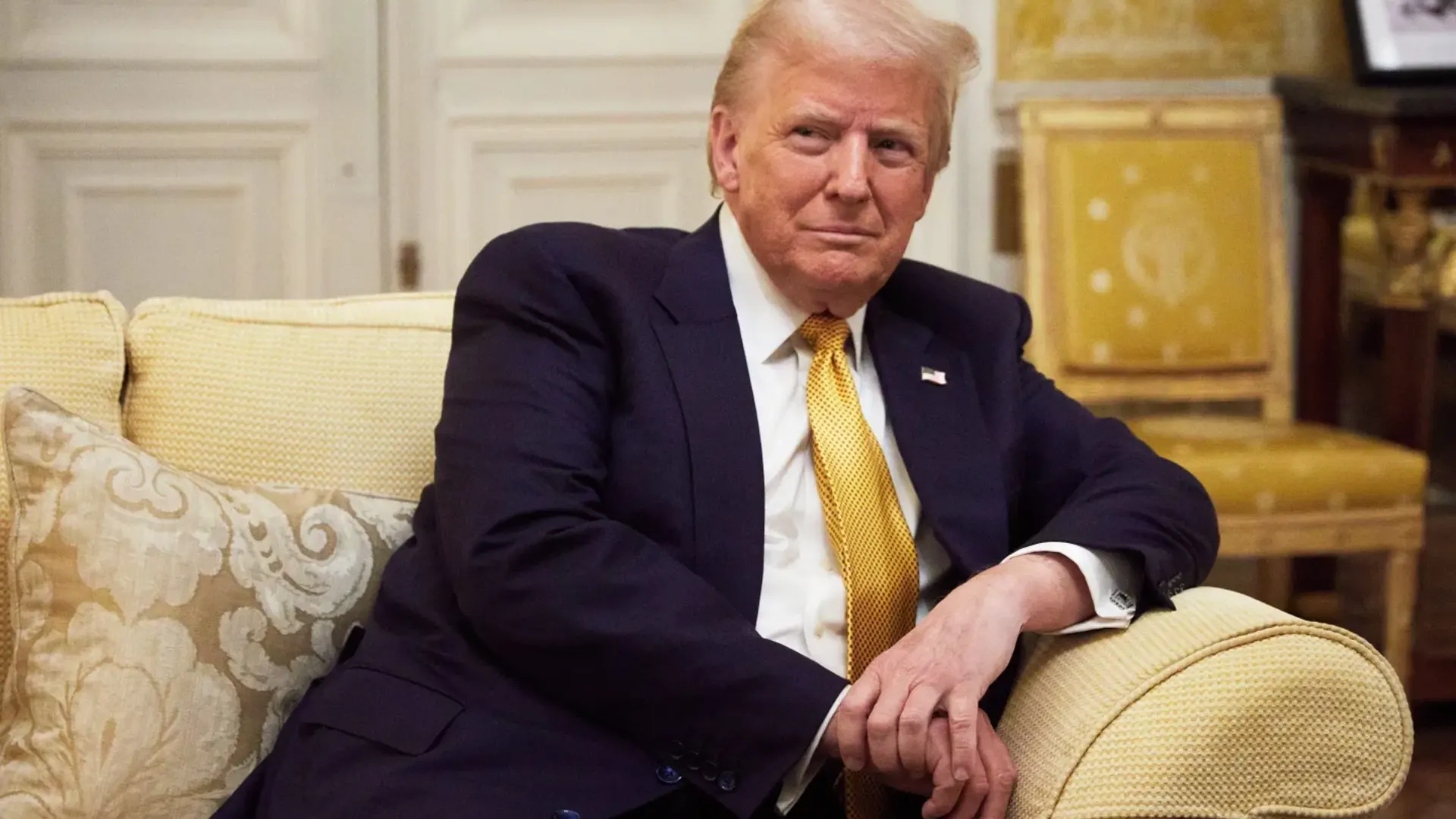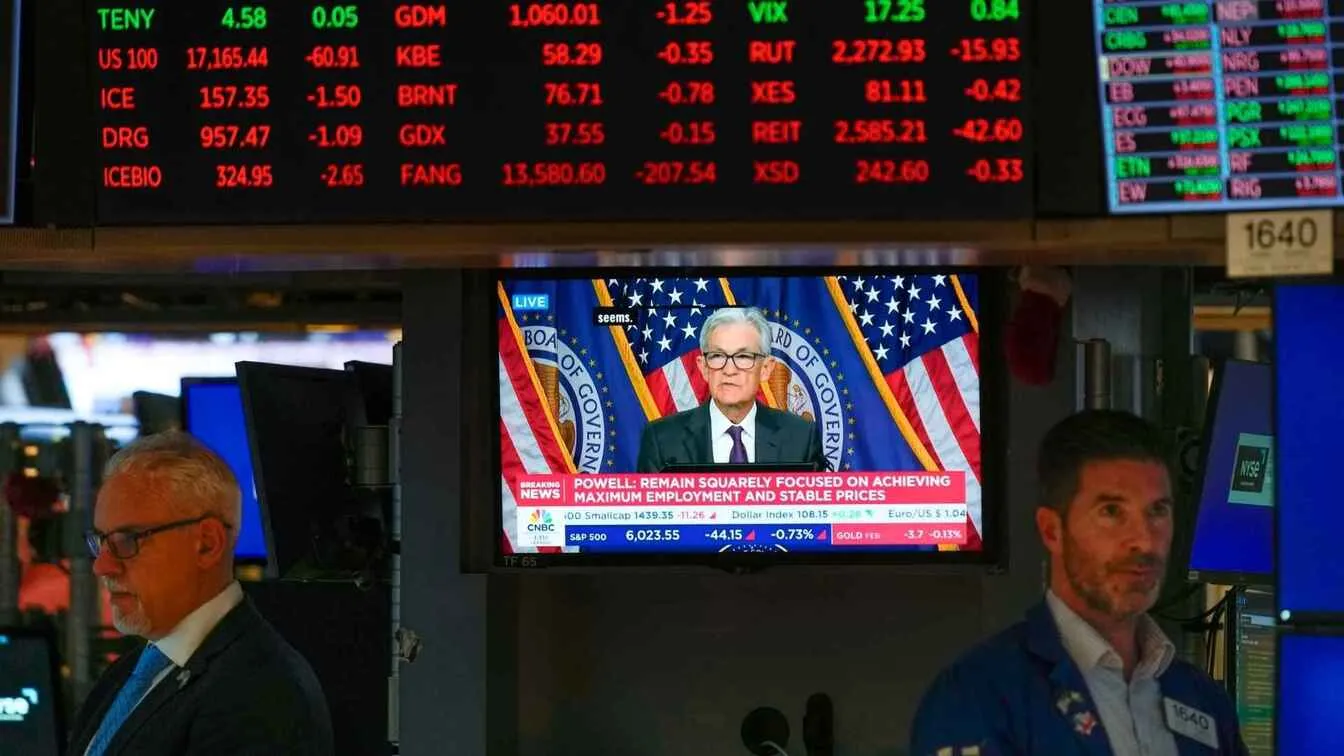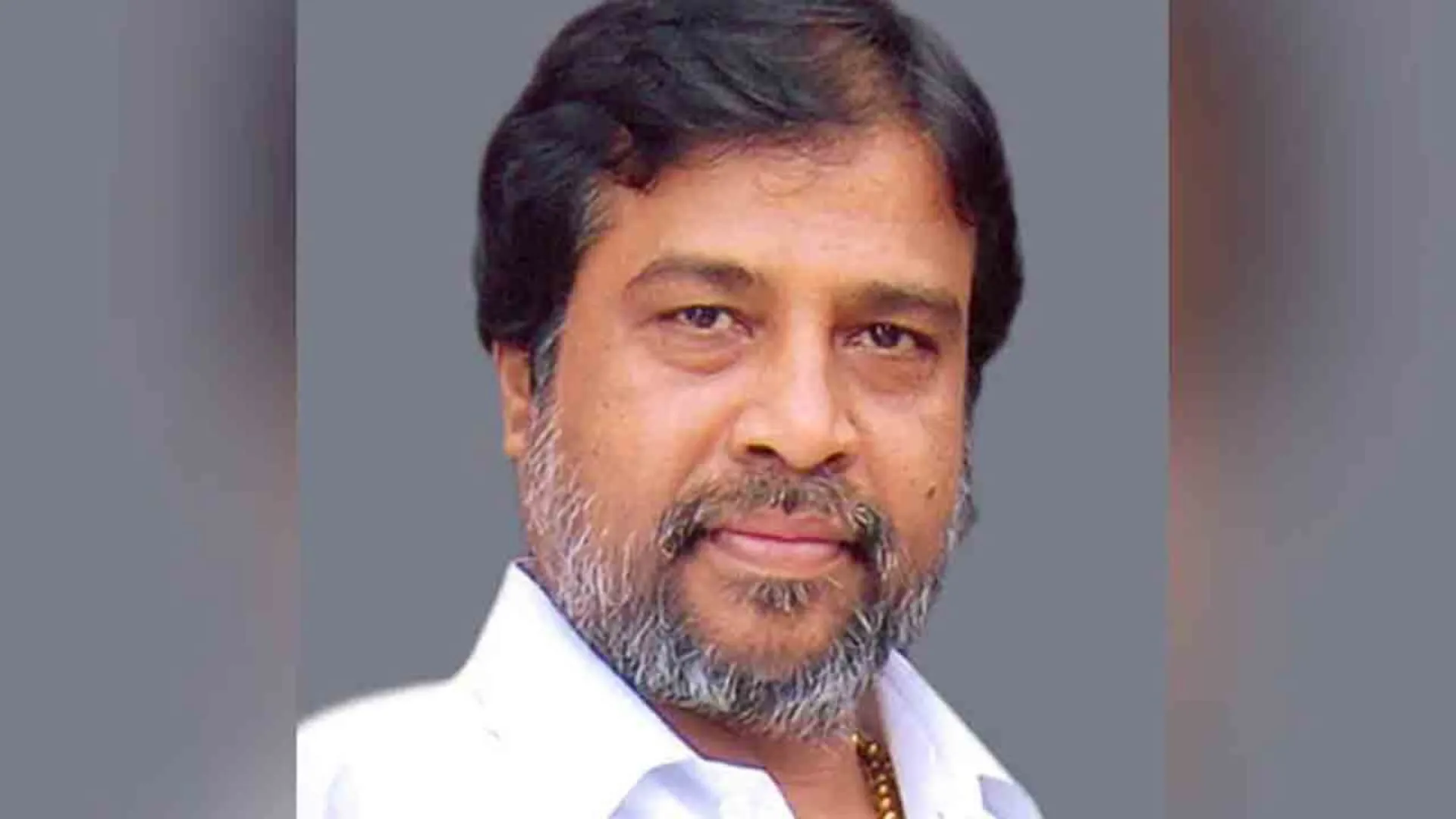President Donald Trump’s second term begins with a sharper, more comprehensive agenda and a political mandate to implement it. With an ideologically committed team, he aims to drive sweeping changes through executive orders and policy measures. Here’s an overview of his priorities:
Immigration Policy: A Focus on Enforcement
Immigration remains a cornerstone of Trump’s agenda. The surge in undocumented border crossings during Joe Biden’s presidency became a significant political liability for Democrats, fueling Trump’s campaign rhetoric. His promise to act decisively on illegal immigration resonates with moderates seeking secure borders and with groups opposing immigration entirely.
On Day 1, Trump plans a “shock and awe” operation, involving strict border closures, city raids, and deportations of undocumented immigrants with criminal records. This agenda will face challenges such as resource constraints, legal battles, and economic repercussions. Key figures driving this policy include Stephen Miller as deputy chief of staff, Kristi Noem as homeland security secretary, and Tom Homan as the “border czar” overseeing ICE operations.
National Security and Diplomacy: Reasserting American Strength
Trump envisions reshaping global geopolitics. He frames his narrative around securing American interests and restoring respect for the United States, contrasting it with perceived failures under Biden.
In the Middle East, Trump seeks to extend ceasefires, enhance Israel’s security, and facilitate normalization efforts between Israel and Saudi Arabia. His approach to Ukraine will balance peace efforts with securing sovereignty and containing Russian ambitions. Meanwhile, on China, Trump’s administration will likely intensify competition while rebuilding America’s industrial and defense capabilities.
Key advisors include Michael Waltz as national security advisor, Marco Rubio as secretary of state, and John Ratcliffe as CIA director. Tulsi Gabbard, if confirmed as head of national intelligence, and Elon Musk, with growing influence in European politics, will also play pivotal roles.
Trade and Manufacturing: Reviving American Industry
Trump’s trade agenda emphasizes high tariffs as a tool to counter deindustrialization caused by globalization and free trade agreements. During his campaign, he promised sweeping tariffs on imports, targeting China and other nations. On inauguration day, he plans to create an external revenue service to enforce these measures.
While Trump’s senior counselor Peter Navarro and trade representative Jamieson Greer will lead this policy, debates will involve treasury secretary Scott Bessent and commerce secretary Howard Lutnick, who must balance economic impacts and market reactions.
Trump’s deregulation agenda is fueled by skepticism of expansive government and career bureaucrats. Central to this effort is the newly formed Department of Government Efficiency (DOGE), led by Elon Musk and co-chaired by Vivek Ramaswamy. DOGE aims to identify wasteful spending and cut regulatory red tape.
This initiative aligns with fiscal conservatives advocating for deficit reduction and libertarians opposing government overreach. Musk’s prominence in the administration reflects his influence in shaping policy beyond deregulation, supported by figures like budget office head Russel Vought and Congress members Marjorie Taylor Greene and Joni Ernst.
AI and Crypto Policy: Shaping the Future
Trump’s second term sees unprecedented support from Silicon Valley. On crypto, he plans a liberal regulatory framework, including a strategic reserve, banking access, and clearer disclosure norms. For AI, his administration aims to foster innovation by reducing regulatory hurdles and ensuring robust support for energy-intensive computing needs.
Key players include David Sacks as the AI and crypto czar, Sriram Krishnan on AI policy, and Michael Kratsios leading science and technology initiatives. Industry figures like Marc Andreessen, Peter Thiel, and Musk will also influence these policies.
Beyond these priorities, Trump’s agenda extends to energy policy, diversity initiatives, and other areas. His core advisory group, including Vice President JD Vance, Chief of Staff Susie Wiles, and family members like Donald Trump Jr. and Ivanka Trump, will provide strategic guidance.
As Trump embarks on his second term, the intended and unintended consequences of his policies will shape the trajectory of America and its role in the world.
Read More : Donald Trump To Advocate For A ‘Revolution Of Common Sense’ In Inaugural Speech: Report























